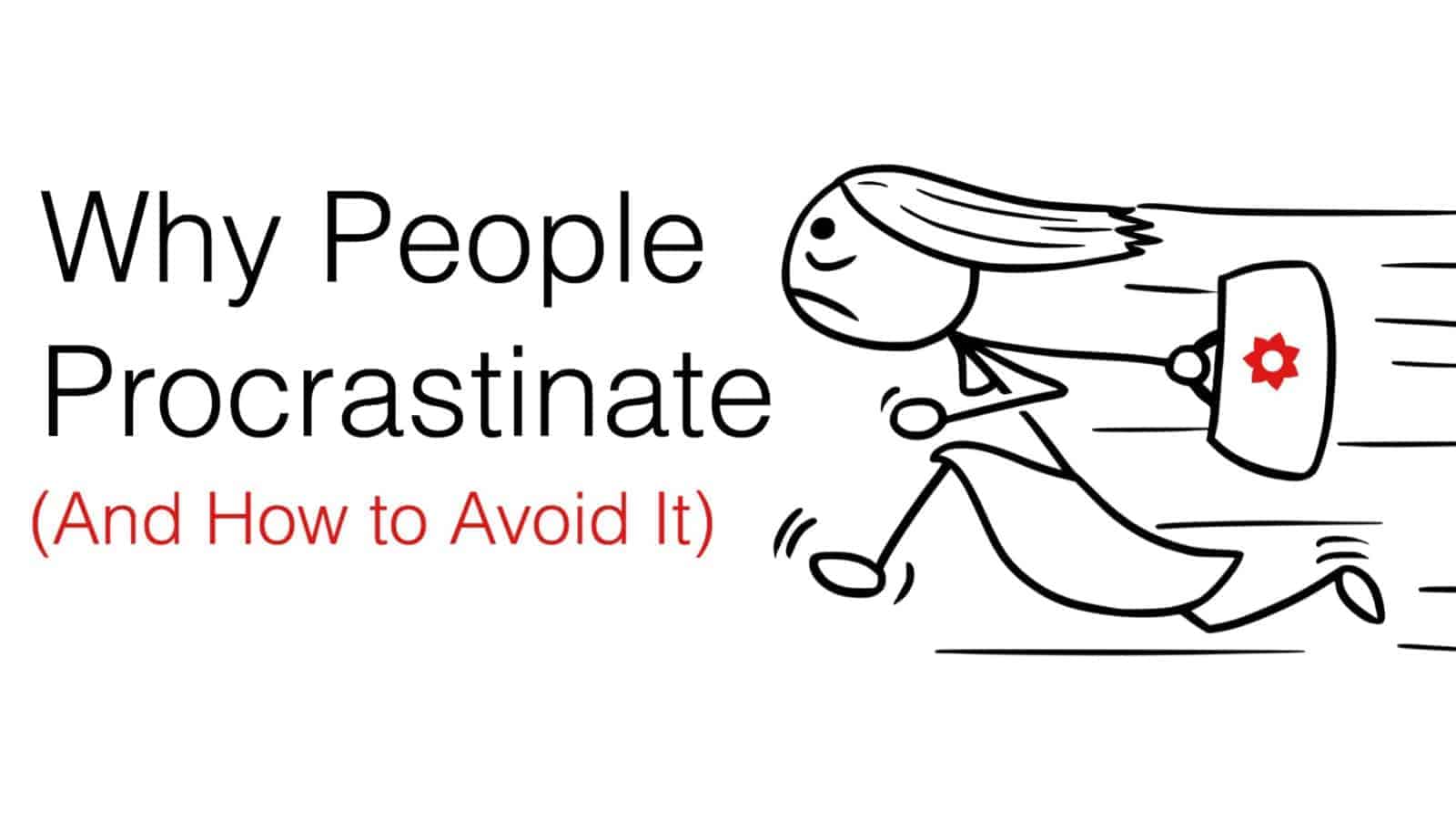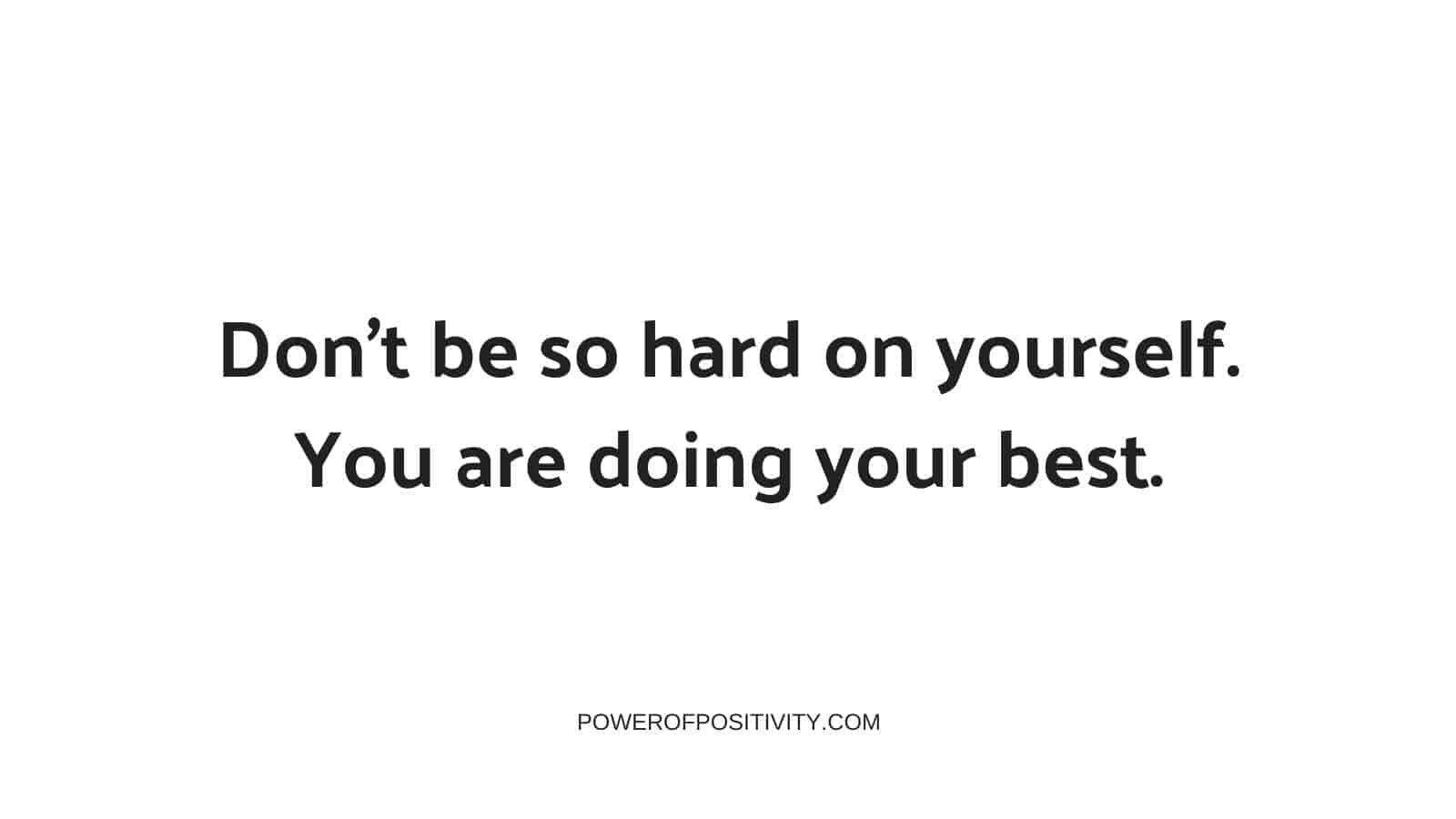Are you a procrastinator by nature? There are two types of people in life, those who strive to get everything done in one day and the others who try to put off as much as they can till tomorrow. Even the most conscientious person can have an unproductive day.
Time management is a problematic issue for many people. For instance, if you have a significant project looming at work, you may push off the job because it brings you massive amounts of anxiety. You may feel overwhelmed, overworked, and exhausted at the thought of completing this project.
However, some people are just the opposite. When the pressure is on, they thrive. These people work best under stress, and they have no problem accomplishing whatever they need to do, even if it’s the eleventh hour.
Sadly, if your procrastination has become worse, then it can affect your life. Your employer may not like your slacking, and your partner might not be too happy about them either. Being a procrastinator can affect many aspects of your day.
What if you didn’t take the trash out all week in your home? You keep telling yourself you’ll get to it and tomorrow’s another day. After a few days, the entire house is going to be affected by your decision. Trash will stink and can cause a putrid aroma in your home.
How long does it take to put the trash on the curb? It may take ten minutes of your time from start to finish. Consequently, your mind and body get to a point where it cannot tackle one more thing. You put off something because you’re tired, you need to rest, and sometimes you’re just a bit lazy.
When your procrastination is affecting you and those around you, it’s time for a reality check. You can and should break the habit of putting things off.

10 Ways to Beat the Desire to Procrastinate
Habits don’t become rituals overnight, and they won’t be broken overnight either. You must take baby steps towards reducing your procrastination tendencies. You need to manage your time more effectively to keep on track.
If you feel like you’re racing around the clock trying to get everything done, yet nothing seems to be completed, then here are some steps to help you conquer this common problem.
1. Understand Why You Procrastinate
Step into the role of a psychologist for a minute and determine why you tend to procrastinate. Write down your observations so that you can understand your thought processes and what triggers these behaviors. The biggest reason why so many people put things off is that they don’t like the thoughts or feelings they have about a situation.
For instance, if your boss gives you a big project that you must share with the board, you may find that the thoughts of public speaking amplify your social anxiety. So the real issues aren’t the project, but the way the project makes you feel is unnerving.
Once you can identify the reasons you put a situation off, you can hold yourself accountable for it. If the real reason is an underlying anxiety disorder, then you can treat the problem.
2. Schedule a Hard Deadline
Some tasks in life don’t come with deadlines, like cleaning out the garage. No boss is looking over your shoulder, and your spouse probably isn’t giving you a time frame either. While there is no hard schedule for this task, it’s something that’s easy to put off.
Did you know that many people who have problems with hoarding come about due to putting off cleaning and sorting? The hoard gets out of hand, and the problem has soon grown to such a massive ordeal that they cannot begin to handle.
Even if no one else is putting you on a schedule, you need to give yourself a hard deadline and stick to it. You should treat the timeline the same as if your boss gave it to you. Make a list, get out your calendar, and put yourself on notice. You have a lot of projects you’ve been putting off that need to be done.
3. Take Small Steps
It’s hard to get motivated to do anything, but if you take small steps towards your goal, then it seems more obtainable. If you continue taking small steps, then you can accomplish what appears to be impossible.
If you were to clean the garage for just one hour each evening, you could have it accomplished in a few nights. By separating it into small segments, your mind won’t be so overwhelmed by the task at hand. Plus, you’re retraining your brain to break things down into doable stages rather than looking at the big picture.
4. Don’t Beat Yourself Up
You’ve made a few mistakes, but you must learn to forgive yourself. Though you tend to procrastinate, remember that you’re human and not perfect 100 percent of the time. Life can be cruel enough without you beating yourself up over blunders.
Rather than speaking harshly when you make a mistake, speak positive affirmations to keep you on track. Remind yourself that you can and will accomplish your goals, even if you only do a little bit at a time.
5. Get an Accountability Partner
It’s always good to have a person to help you with accountability in your personal and professional life. Most people know they have projects looming but won’t ask for help. If you have someone that is your accountability partner, you can ask them when you’re in a bind to help, and they know they can ask you.
Accountability equals commitment, and you will not only let yourself down but also your partner. Having a partner can help you overcome your procrastination tendencies.
6. Turn Off Interruptions
One of the main reasons people have a problem getting things done is they have so many interruptions. Turn off your phone, put down the tablet, and step away from the computer. You will find that you can get things done when you get rid of all the things that obliterate your focus.
7. Reward Yourself
Sometimes, you must treat yourself like a child and put yourself on a reward system. When you set small and obtainable goals, then you should reward yourself when you accomplish the task.
Keep the goals equal to the amount of work. For instance, when you finally get that garage cleaned out, you may treat yourself to dinner at your favorite restaurant. Buying a new car for cleaning out the building isn’t entirely realistic.
8. Set Time to Procrastinate
Putting things off is human. You should allow yourself time to procrastinate each day. You could also call this your downtime.
Let’s assume that you block off from 5-7 pm each evening. You permit yourself to do nothing during that time. Use this as a period where you clear your mind and refocus so that you can get things done. Everyone needs downtime occasionally.
9. Think of the Outcome
Many people tend to procrastinate because they don’t like the overwhelming task. The focus is on the wrong part of the assignment. Think about what you will accomplish in the end?
If you’ve been putting off cleaning the carpets for over six months, imagine how much better they will look and smell when you finally get them cleaned. Sure, it’s an overwhelming task to clean the carpet in every room, but you should focus on the positive result rather than the work.
10. Commit to Non-Negotiable Items
No matter how tired you are from the day, some things are non-negotiable. Things like putting the dinner dishes in the dishwasher, taking out the trash, and taking a shower are inflexible.
What are the things that you need to do daily that are non-negotiable? If you procrastinate on the dishes, a shower, or the trash, the consequences can affect those around you. Set a list of things that you must do each day regardless of how much you want to put them off until tomorrow.
 Final Thoughts on How to Overcome the “Procrastinate” Mindset
Final Thoughts on How to Overcome the “Procrastinate” Mindset
You’re busy, and life is chaotic. It’s easy to procrastinate things that you just don’t want or feel like doing. Everyone does it, and it’s part of life.
However, your procrastinating habits can cost you a relationship, job, or affect your quality of life. You can take steps to retrain your brain to stop avoiding the inevitable. For many people, it’s as simple as breaking the task down into small, manageable pieces to keep anxiety at bay.
When you stop focusing on the overwhelming big picture, then you will find that taking small bits allows you to get it done better. Remember the old saying, “There’s only one way to eat an elephant; it’s one spoonful at a time.”



















